The majority of Melbourne’s six million people are resilient, patient people
Fines, protests and mass dissent against the Premier form the overriding narrative from two months of lockdown. But the truth is much different.
COMMENT
A funny thing happens in the comments section of the Instagram account for Lune Croissanterie once a week that is unique to Melbourne during these strange COVID times.
Punters beg the good folks behind the city’s favourite croissant to list their suburb on the delivery roster that week.
“Patiently waiting in Aspendale Gardens,” one follower writes.
“You can’t possibly deliver to Kew and Balwyn North and be skipping Kew East, right?” another writes.
The delivery of croissants to locked down suburbs around Melbourne has come to represent something more than pastry and pain au chocolat.
It is a gift — a fluffy, crumbly gift — that breaches the invisible 5km boundary and briefly suspends the suffering of another day of waiting for life to return to normal.
RELATED: Follow our live coronavirus updates
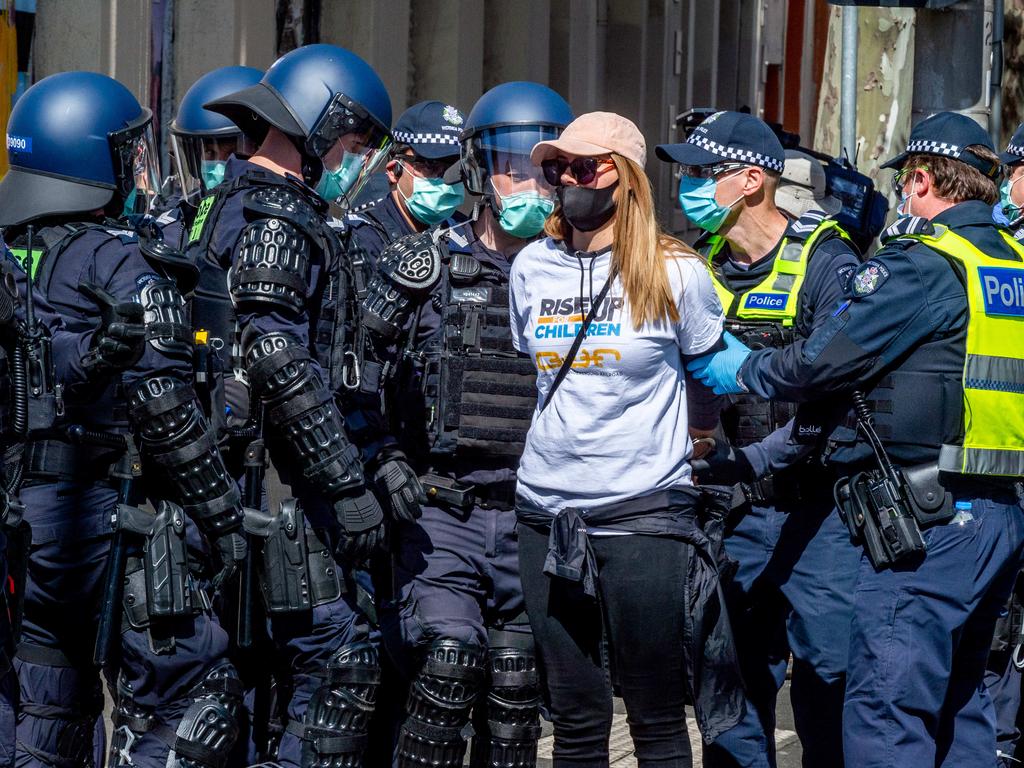
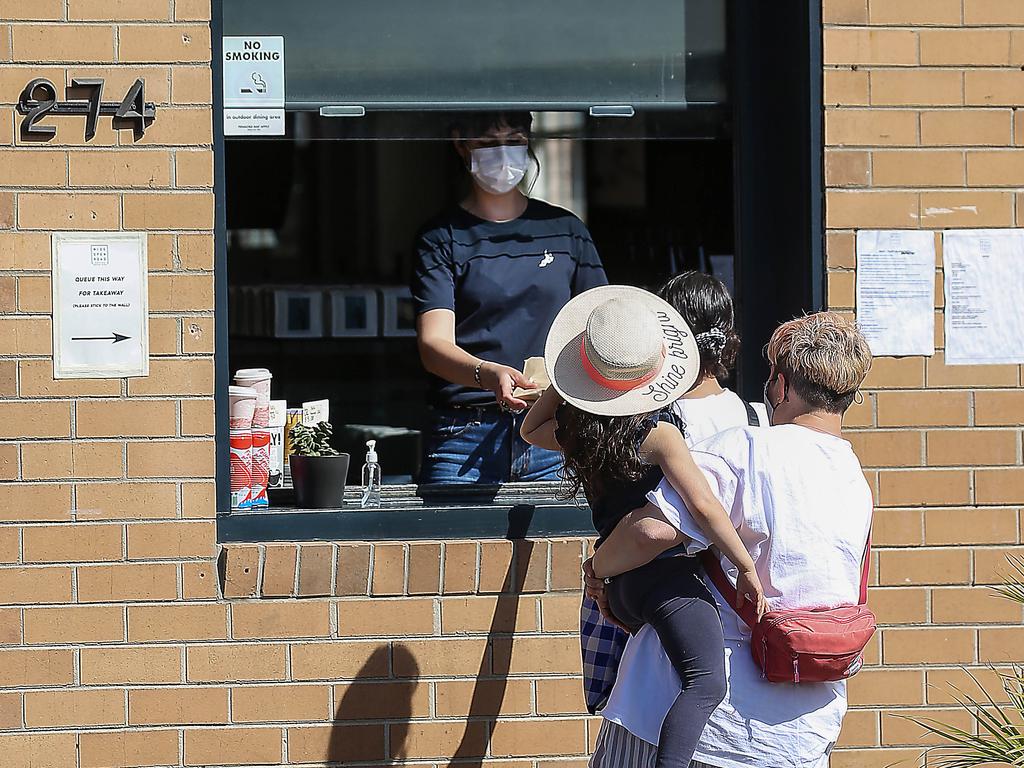
It is a reward, well earned. And Melburnians absolutely deserve all the rewards, despite what some might have you believe.
There is far too much talk about how disgruntled the people of Melbourne have become after months of monotony.
There is far too much focus on the few who try to bend the rules with a breach of curfew, a refusal to mask up, a cheeky drive to a mate’s place.
And there is far too much legitimacy afforded to the few hundred protesters who clash with police in scenes that are then shared around the country and make headlines around the world.
What is left is a notion that Victorians are impatient, unwilling participants in a plan to keep themselves safe from a deadly virus.
It is an unfair characterisation of what the majority of Victorians are doing, and have done, since they were thrust back into lockdown for a second time.
RELATED: Coronavirus drug that could be our saviour
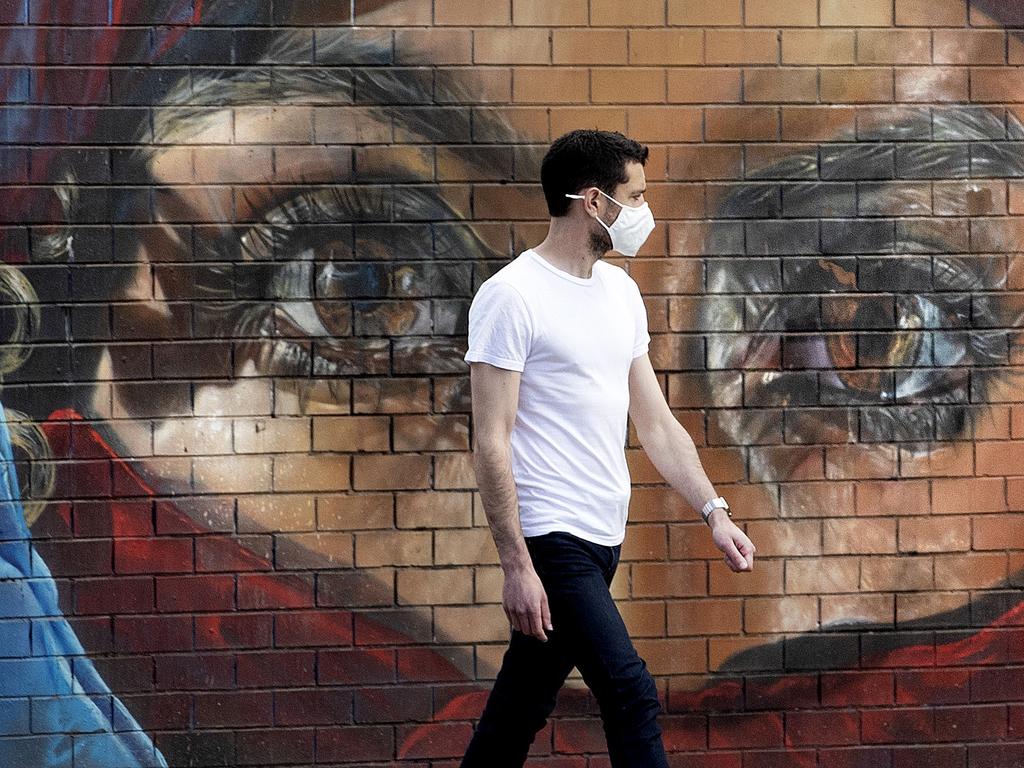
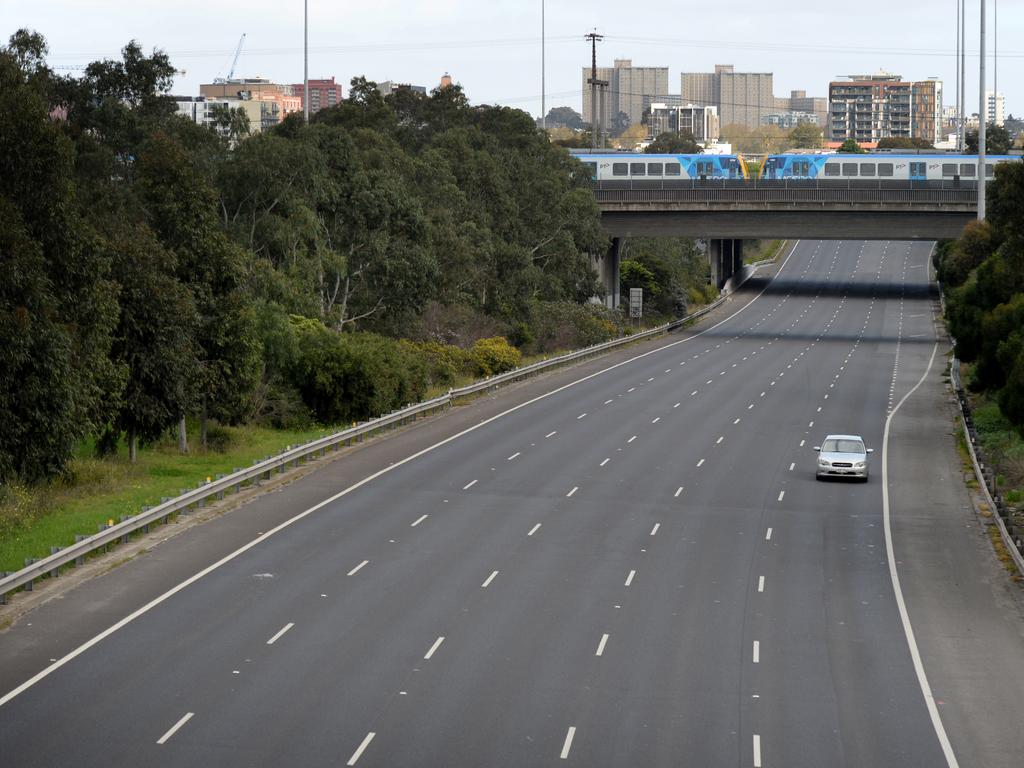
The truth is that millions of Victorians are doing the right thing. They are walking the same streets every day, painting rainbows on their footpaths to spread some cheer when there is none, putting bears in their windows, baking, puzzling, desperately searching for something new to waste the hours away.
They are subbing in as homeschool teachers, cutting their own hair, making masks and making sense of roadmaps.
But harder still, they are cancelling weddings, introducing newborns to relatives via FaceTime and sitting in agonisingly small numbers at funerals for those unlucky friends and family who died alone during lockdown.
It is torture. But Victorians are resilient, no fuss people. Despite watching other states reopen, they aren’t complaining.
They are instead, as one locked down Victorian put it to me this week, “harvesting quiet patience”.
RELATED: Heartbreaking story behind photo of ‘cold and lonely’ funeral
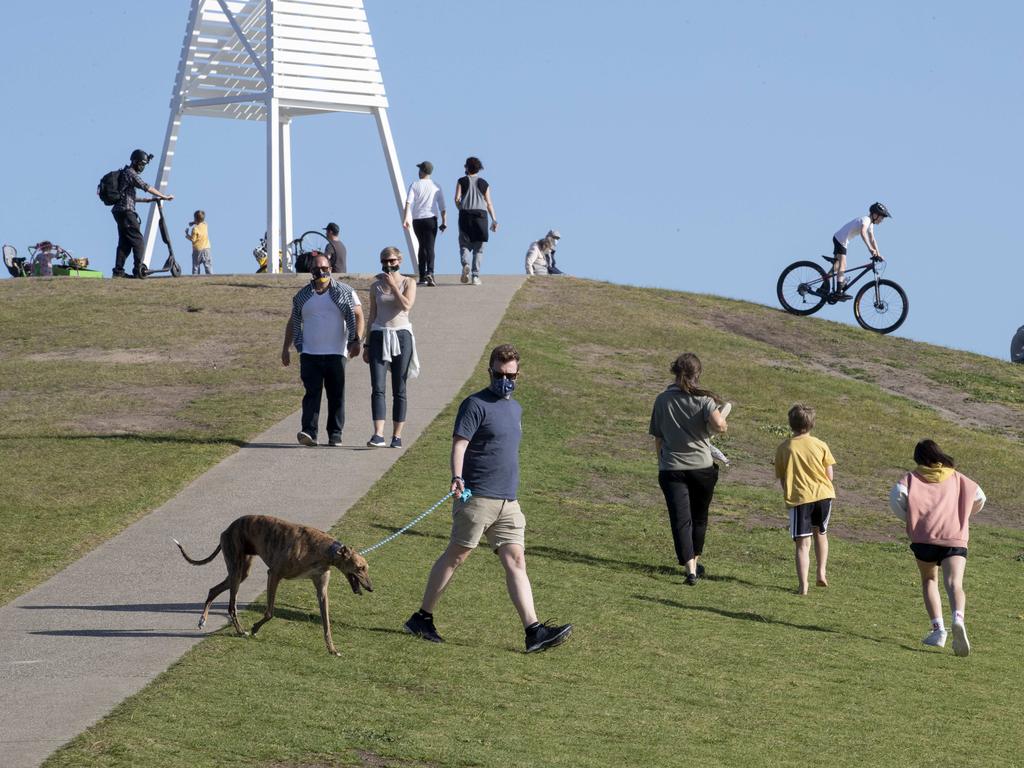
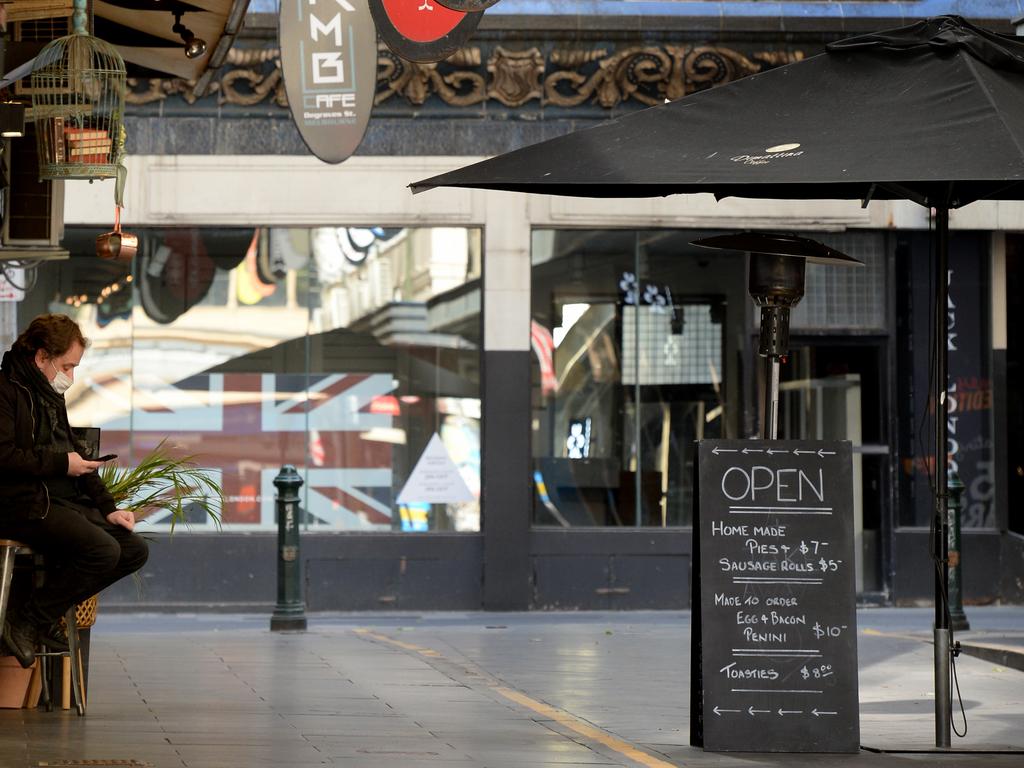
“The first lockdown was yoga, writing a children’s story, participating in creative challenges, late night walks,” she said.
“I made lists and read everything. Entire cookbooks. I planned menus for when my close friends could visit again and they did, but no hugs. I didn’t bake sourdough. I grew things, even more things.”
When the second lockdown rolled in, she leaned into the Premier and his reliable, daily briefings.
“The quiet patience of them helped me to keep harvesting mine,” she said.
“I tried to keep it in perspective: quarantine in other countries where people cannot leave their homes. And how dare I even think about the ‘if only’ and the way things were when the consequences are so grave?”
Another woman in lockdown told me she felt guilty for complaining.
“Something that’s made the most difference to me is when interstate friends reach out, just to listen,” she said.
RELATED: Family visit behind Melbourne cluster
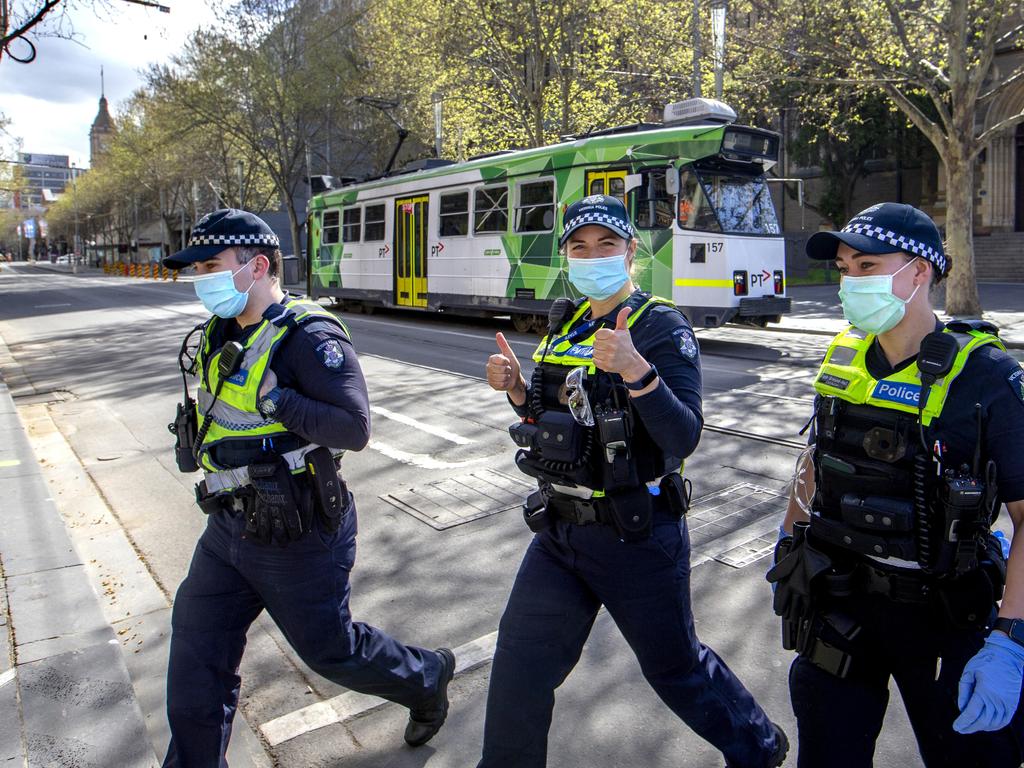
“Even people I’ve not spoken to for some time have offered to talk anytime I need it. It’s sometimes easier to talk to someone who’s not here, in the thick of it, because it’s hard to avoid the whole, ‘Well everyone’s in the same boat!’ narrative which can make us feel a bit guilty for complaining.”
Those complaining on talkback radio and in the streets are the vocal minority. The rest of us are tuning in religiously every day to announcements about the trajectory of a curve that has been falling since mid-August.
May it keep falling until Victorians are free to do the things they once took for granted. When the fog lifts and Melbourne gets a take-two.




